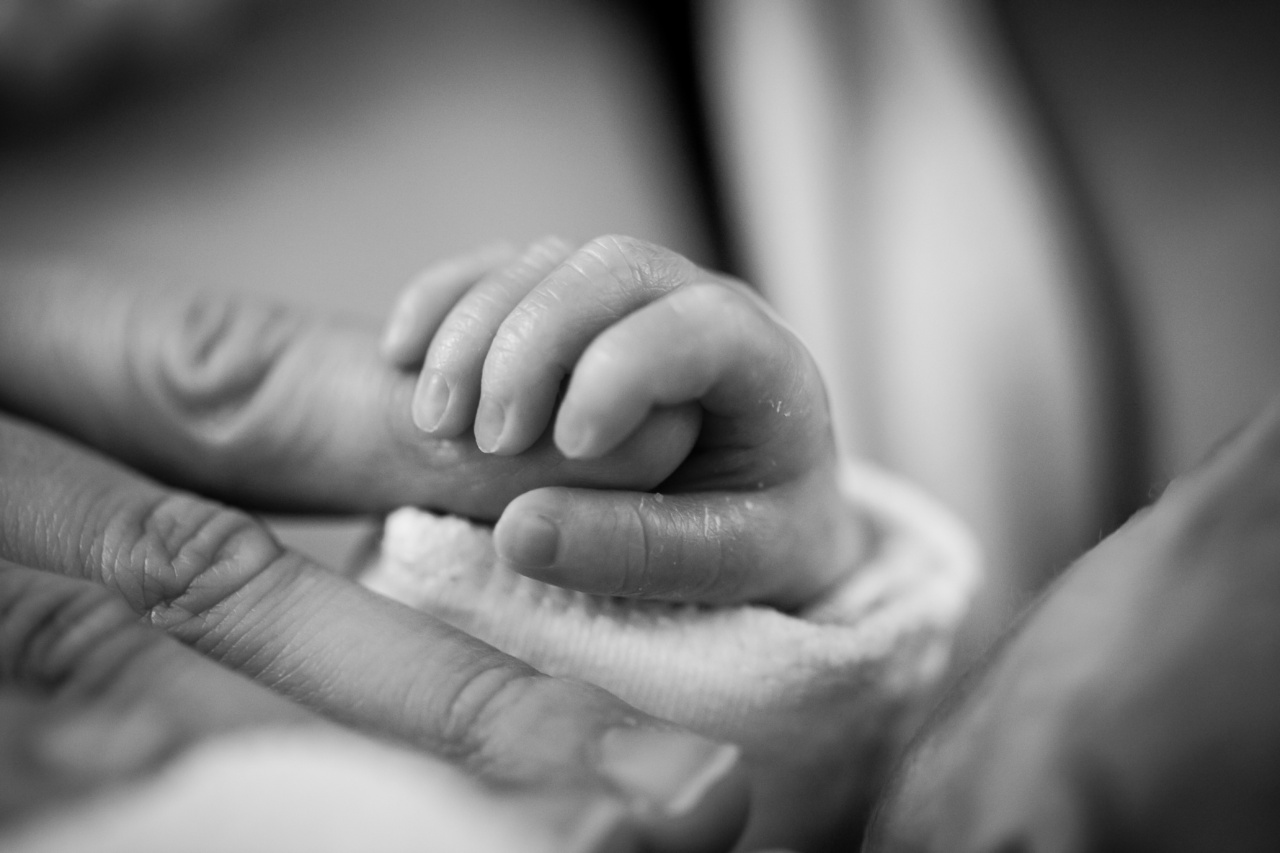Welcoming a newborn baby into the world can be a truly magical experience. However, it can also be a nerve-wracking time for new parents who want to make sure their baby is healthy and happy.
One of the most important things parents should look out for are the indicators of birth in infants. These indicators can be signs that everything is going well, or they can be warning signs that something is wrong. In this article, we’ll discuss the most important indicators of birth in infants and what parents should look out for.
1. Weight
The weight of your newborn baby is one of the most important indicators of their health. In general, most newborn babies weigh between 5.5 and 10 pounds at birth. However, some babies may be born smaller or larger than this range.
If your baby is significantly smaller or larger than this range, it may be a sign of a problem. For example, if your baby is born smaller than 5.5 pounds, they may be at higher risk for health problems such as low blood sugar, difficulty maintaining body temperature, and difficulty feeding.
On the other hand, if your baby is born larger than 10 pounds, they may be at higher risk for developmental problems and difficulties during delivery.
2. Skin Color
The color of your baby’s skin is another important indicator of their health. In general, most newborn babies have a pink or reddish color to their skin. However, some babies may be born with a bluish or pale color to their skin.
This can be a sign of a problem with breathing or circulation, and should be reported to your healthcare provider immediately. Additionally, if your baby’s skin becomes yellow or jaundiced in the days following birth, it may be a sign of a problem with their liver function.
3. Breathing
The way your baby is breathing is also an important indicator of their health. In general, most newborn babies have a slightly irregular breathing pattern, with pauses of up to 10 seconds between breaths.
However, if your baby is having difficulty breathing, or if they are breathing very rapidly or slowly, it may be a sign of a problem. Respiratory distress in newborns can be caused by a variety of factors, including infection, lung problems, or heart problems. If you are concerned about your baby’s breathing, it is important to seek medical attention immediately.
4. Temperature
The temperature of your baby’s body is another important indicator of their health. In general, most newborn babies have a body temperature between 97.7 and 99.5 degrees Fahrenheit.
However, if your baby’s temperature is too low or too high, it can be a sign of a problem. If your baby’s temperature is below 97 degrees Fahrenheit, they may be experiencing hypothermia, which can be caused by a variety of factors including a low birth weight or being born in a cold environment.
If your baby’s temperature is above 100.4 degrees Fahrenheit, it may be a sign of an infection and you should seek medical attention immediately.
5. Feeding
The way your baby is feeding is an important indicator of their health. In general, most newborn babies will need to be fed every 2-3 hours. A newborn baby should have at least 8-12 feedings in a 24-hour period.
If your baby is not feeding well, or if they are not producing enough wet or dirty diapers, it may be a sign of a problem. Additionally, if your baby is vomiting or has diarrhea, it is important to seek medical attention immediately.
6. Sleeping
The way your baby is sleeping is also an important indicator of their health. In general, most newborn babies will sleep for 16-17 hours per day, and will wake up every 2-3 hours to eat.
However, if your baby is having difficulty sleeping, or if they are not waking up to eat, it may be a sign of a problem. Additionally, if your baby is extremely lethargic or difficult to wake up, it may be a sign of a more serious problem and you should seek medical attention immediately.
7. Crying
The way your baby is crying is an important indicator of their health. In general, most newborn babies will cry when they are hungry, tired, or uncomfortable. However, if your baby is crying excessively or inconsolably, it may be a sign of a problem.
Additionally, if your baby’s cry sounds hoarse or weak, it may be a sign of a problem with their breathing or vocal cords.
8. Movement
The way your baby is moving is also an important indicator of their health. In general, most newborn babies will move their arms and legs and will be able to grasp your finger.
However, if your baby is not moving well, or if they seem overly stiff or floppy, it may be a sign of a problem. Additionally, if your baby has a persistent head tilt or seems to favor one side of their body over the other, it may be a sign of a problem with their nervous system.
9. Urination
The way your baby is urinating is an important indicator of their health.
In general, most newborn babies will produce at least one wet diaper in the first 24 hours after birth, and will be producing at least 6-8 wet diapers per day by the end of the first week. If your baby is not producing enough wet diapers, or if their urine is concentrated and dark in color, it may be a sign of dehydration or a problem with their kidneys.
10. Bowel Movements
The way your baby is having bowel movements is also an important indicator of their health. In general, most newborn babies will have their first bowel movement, or meconium, within the first 24-48 hours after birth.
After this, they should be producing regular, soft bowel movements. If your baby is not having bowel movements, or if their bowel movements are hard and dry, it may be a sign of constipation or other digestive problems.
Conclusion
There are many indicators of birth in infants that parents should be aware of.
By monitoring your baby’s weight, skin color, breathing, temperature, feeding, sleeping, crying, movement, urination, and bowel movements, you can ensure that your baby is healthy and happy. If you have any concerns about your baby’s health, it is important to seek medical attention immediately.































